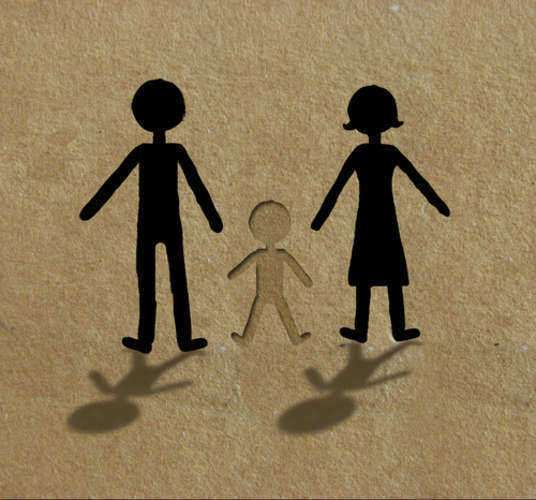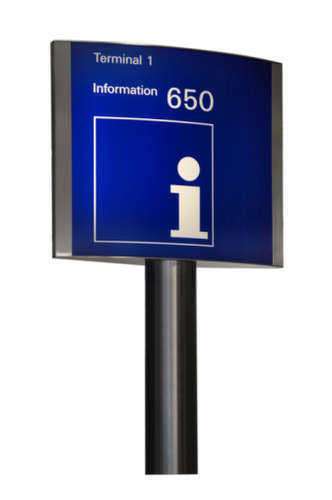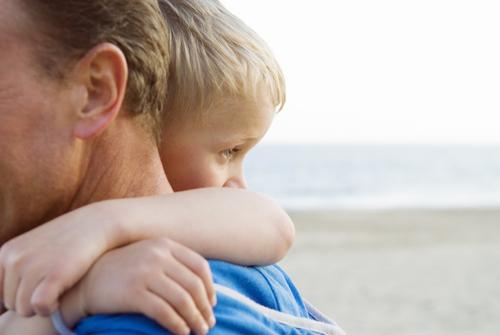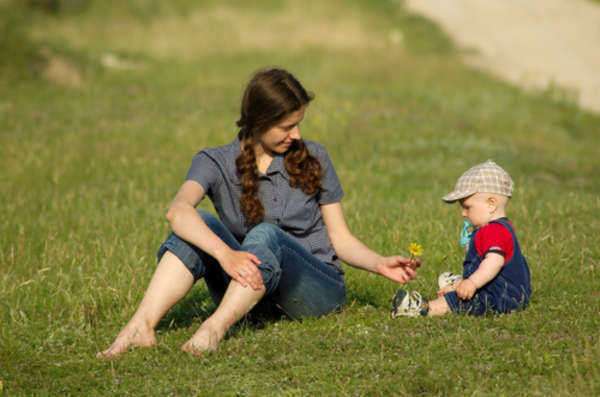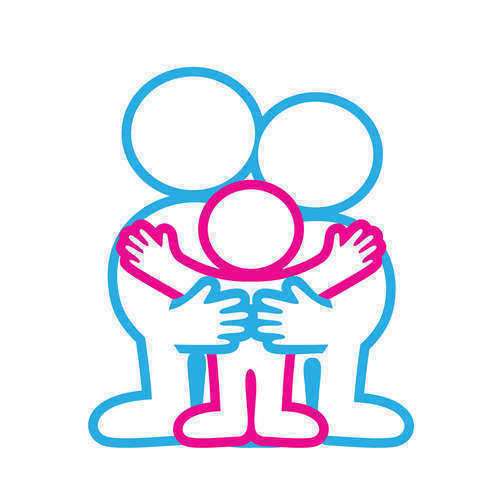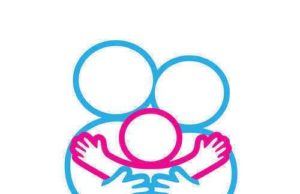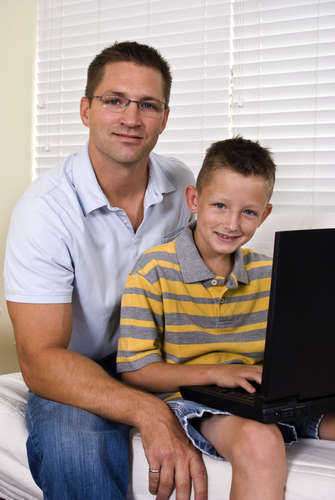
Laws and Procedures Associated with Montana Adoption:
In 2003, there were over 500 prospective adoptive children in custody of Montana’s Department of Social and Health Services. The purpose of Montana’s adoption program is to satisfy the permanency needs of children. The Montana Department of Social and Health Services is responsible for finding stable and safe families that can effectively meet the needs of adopted children.
How Do I start an MT Adoption?
What to consider when pursuing a MT Adoption:
• Choose the desired sex: do you want to adopt a boy or girl?
• What is the desired age of the child?
• Am I interesting in adopting a sibling group?
• Should I consider adopting a sibling group in order to get the type and age of child I am interest in? • Should I be willing to have open communication with the child’s birth parents? • Can I parent a child who is physically or sexually abused and/or neglected? • Can I parent a child that faces on-going medical issues, is diagnosed with a developmental disability who is developmentally delayed? • Can I parent a child who is exposed to alcohol and drugs in utero? • Does the ethnicity of the child I adopt?
• How does my extended family feel about Montana adoption?
• If I participate in a Montana adoption with a child of a different race or ethnicity will I be judged by my family and friends? • How will I handle adoption-related questions posed by my child?
Step by Step: The MT Adoption Process
1. The first step to a Montana adoption requires you to contact your local office. Contact the department, a worker will answer any of your questions, send you information and provide information—through the delivery of adoption brochures—for their particular office. If you are looking to finalize a Montana adoption, you should sign-up for pre-service training courses through your local office. Montana law on adoption states that you are required to have 30 hours of training to learn about foster issues and adoption. When training is complete, you can be assigned a social worker.
2. Adoptive Home Study: All prospective adopting parents must undertake an adoptive home study. The adoptive home study’s primary purpose is to evaluate whether parents are eligible to proceed with a Montana adoption. The process of a Montana adoption involved preparation and educations as well as procuring information concerning the prospective parents. An Adoptive home study will include the following steps:
a. Application is provided by the agency
b. Preparation classes: To secure a Montana adoption, you are required to take 30 hours of pre-service training. Class schedule information may be found on the Foster Parent Training site.
c. Criminal History Background Check: this portion of the home study is organized through your social worker. A criminal history background check must be completed on every individual over the age of 16 residing in the prospective home. A national fingerprint test must also be completed for all adults in the home over the age of 18 and above, has lived in another state over the last 5 years, a background check will be inspected from other states.
These tests will be organized through your social worker
Child Neglect and Abuse Inquiries: This is a portion of the background check. Montana state records are checked for every individual in the home for anyone 16 years of age and older. All individuals in the home above the age of 18 who have lived in another state during the last five years will be checked.
Personal Information: The DSHS will implement a form to provide your social worker with information about you. The application will question the following subjects:
Family facts, Education, Employment History, Cultural background, Relationships, Parenting and Experience with Children, Medical and psychosocial questions, Religious affiliation and practices, Support Systems and home and neighborhood questions
Medical Statements: This is a confidential form that your medical professional will fill-out regarding historic and current medical ailments. Your social worker will provide you with the necessary forms.
Income Statements: The social worker—for a Montana adoption—will provide you with a worksheet that will seek information on the following topics: bank accounts, credit cards, tax returns, income etc.
MT Adoption: The Home Study
A home study for Montana adoptions must be approved to continue with the process. In general, home studies for Montana adoptions will be approved within 90 days
3. Child Selection for Montana Adoptions: There are various ways to select a child for Montana adoptions: a. Social workers will contact you concerning a specific child for Montana adoptions b. Or you can contact the social worker about children you either found on a site or heard about You and your social worker must be in contact to secure background information about the child up for Montana adoptions. At this point, you may begin working with 2 different social workers: your social worker and the child’s social worker for MT adoptions.
4. Visitation and Placement Process: To go ahead with Montana adoptions you must ensure that there has been a disclosure of the child’s medical, family and social background. For MT adoptions to be finalized, it may take two weeks to several months to place the child in your home depending on the youth’s needs (age, therapy and medical issues, school, child’s well-being, location of the adoptive family etc.). Visitation for Montana adoptions will typically begin at a location deemed safe for the child. Visits will lengthen in time; they get progressively longer until the youth moves to your home.
5. Post Placement: During this portion of the Montana adoption process, your social worker will continue working with you until the adoption is affirmed. Montana adoptions, in this stage, entail the arrangement of needed services (medical, schooling, counseling, child and family etc.). MT adoptions will also require the social worker to come to your home to check on the well-being of the child at least once every 90 days until the adoption is affirmed.
6. Steps for Legal Procedures and Finalizing Montana Adoptions:
a. Contact a MT Adoption attorney
b. Finalize the MT adoption support application delivered to you by your social worker. When completed, the adoption support program specialist is assigned to you. The program specialist reviews your application to determine if the youth qualifies for the program according to Montana and federal laws. The negotiated contract outlining the benefits and terms will be presented for signature.
c. The social worker must complete a post-placement report. The report provides the court with an update of the family’s and child’s well-being since placement d. DSHS provides a Consent to Adopt for Montana adoptions. This is a written statement to authorize that the child may be adopted e. The social worker—to finalize Montana adoptions—will send your attorney a packet containing crucial documents for Montana adoptions f. Your attorney will prepare the document to present to the court. Your attorney will also file the petition and secure a court date to finalize MT adoptions
